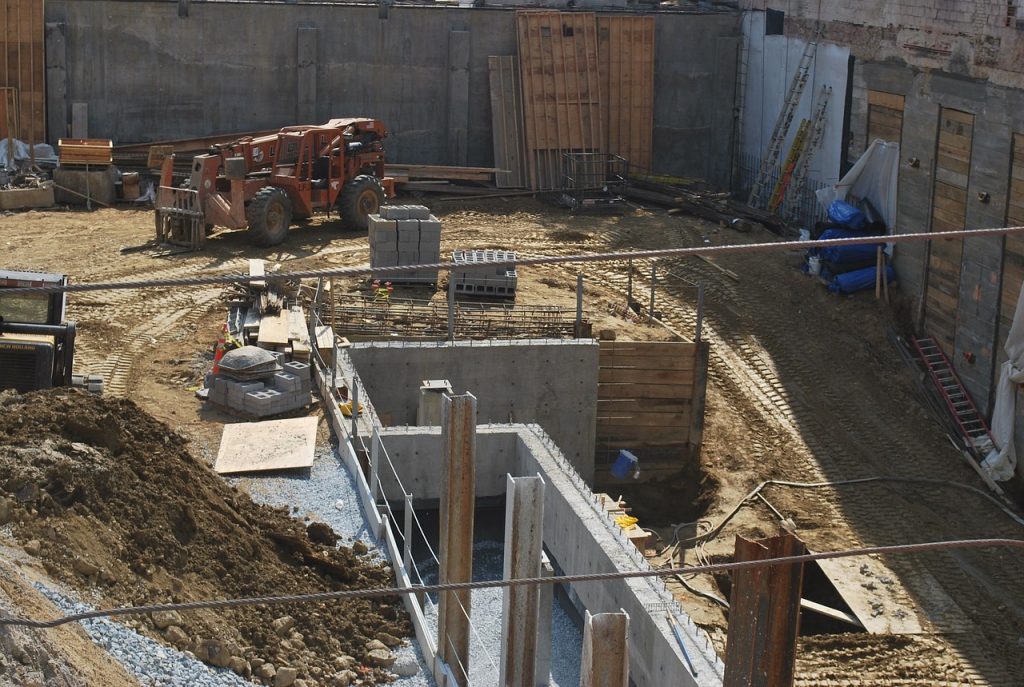Managing Cash Flow in Construction: Strategies for Financial Success
- by Disputeresolutioncounsel
- in Uncategorized
- on October 16, 2023

Cash flow management is a critical aspect of running a successful construction business. In an industry where projects can be capital-intensive and often involve various expenses, maintaining a healthy cash flow is essential. In this article, we’ll explore the importance of cash flow in construction and provide strategies for financial success.
The Significance of Cash Flow:
Cash flow refers to the movement of money into and out of a construction business. Proper cash flow management is crucial for several reasons:
- Solvency: Healthy cash flow ensures that your business can meet its financial obligations, including paying suppliers, staff, and creditors.
- Financial Stability: It provides a buffer against unexpected expenses, such as equipment repairs or project delays.
- Growth Opportunities: Positive cash flow allows you to invest in expansion, new equipment, or additional projects.
- Creditworthiness: Maintaining a strong cash flow can improve your business’s creditworthiness, making it easier to secure loans or lines of credit when needed.
Cash Flow Challenges in Construction:
The construction industry faces unique cash flow challenges, including:
- Project Delays: Delays in project completion can disrupt cash flow, especially if costs continue to accrue.
- Extended Payment Cycles: Clients, especially in commercial construction, may have lengthy payment cycles, affecting your cash flow.
- Upfront Expenses: Construction often requires substantial upfront expenses for materials, labor, and equipment.
- Cyclical Nature: The construction industry can be cyclical, with periods of high demand and others with lower activity, affecting cash flow.
Strategies for Maintaining Cash Flow:
- Accurate Budgeting: Create detailed project budgets that anticipate expenses and revenue. Regularly review budgets and adjust as necessary.
- Invoice Promptly: Send invoices as soon as work is completed, and follow up on outstanding payments. Consider offering early payment incentives.
- Negotiate Payment Terms: Negotiate payment terms with suppliers and subcontractors to align with your cash flow.
- Line of Credit: Establish a line of credit with a financial institution to cover short-term cash flow gaps.
- Progress Billing: Use progress billing to receive payments at different project milestones, ensuring a consistent cash flow.
- Cash Reserves: Maintain a cash reserve to cover operating expenses in case of unexpected disruptions.
- Manage Costs: Monitor project costs closely to avoid overruns and keep expenses in check.
- Forecast Cash Flow: Regularly forecast cash flow to anticipate periods of surplus and potential shortfalls.
Conclusion:
Proactive cash flow management is essential for the financial success of construction businesses. By understanding the unique challenges of the industry and implementing strategies to maintain cash flow, construction companies can achieve financial stability, growth, and long-term success.
